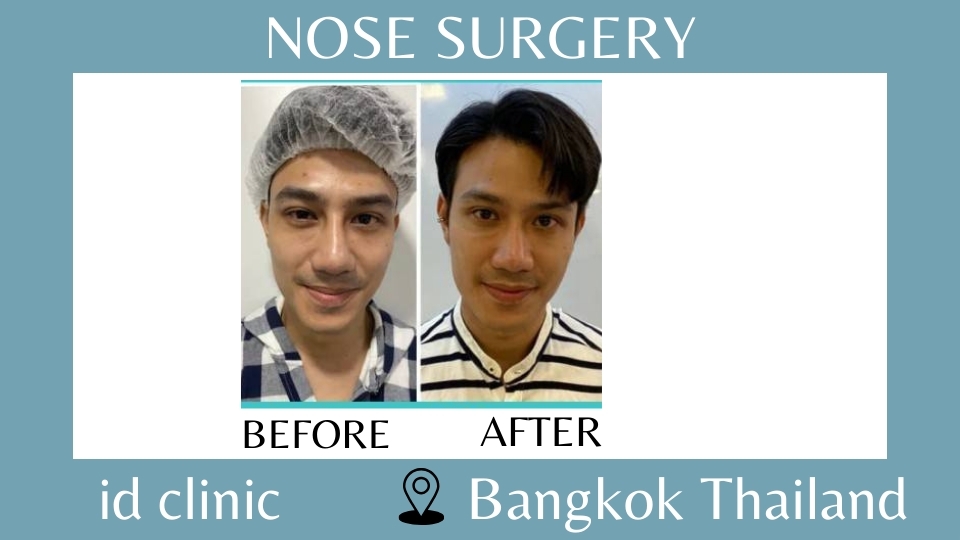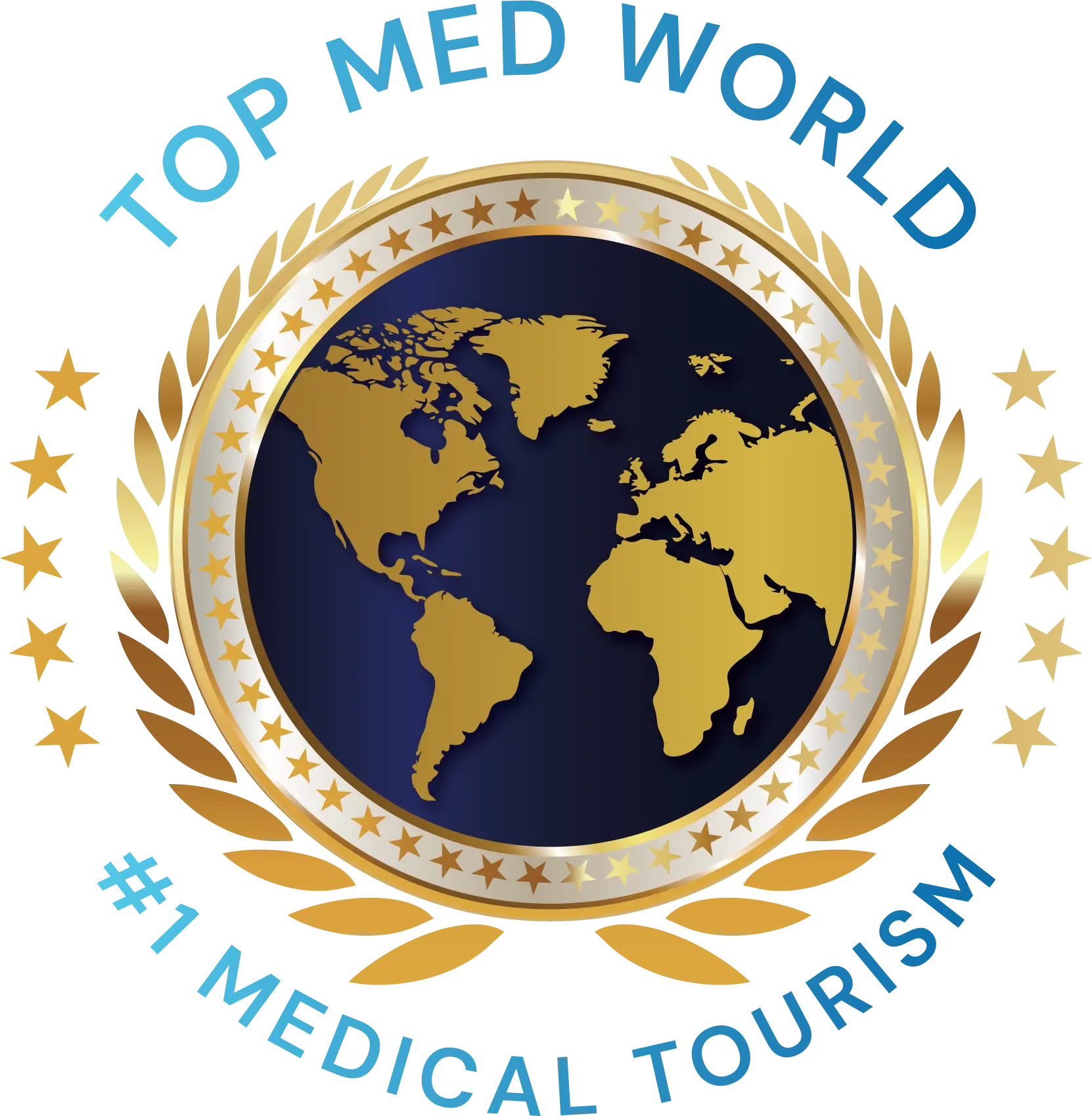Nose Surgery
Rhinoplasty: Reshaping Your Nose for Aesthetics or Function
Rhinoplasty, commonly known as a "nose job," is a surgical procedure designed to modify the size, shape, or function of the nose. It's a popular choice for those seeking to enhance their facial aesthetics or address breathing difficulties.

Reasons to Consider Rhinoplasty
Individuals opt for rhinoplasty for a variety of reasons, including:
Cosmetic Enhancement: Reshaping the nose for improved facial balance, symmetry, or to address features like a bump or hump nose reduction surgery, reduce the wide of nose or Alarplasty or drooping tip or Tip Plasty , or perceived disproportion in size.
Breathing Difficulties: Correcting a deviated septum Septoplasty or other structural issues that hinder proper airflow.
Injury Repair: Restoring the appearance and function of the nose after a traumatic injury.
Boosting Confidence: Addressing long-standing concerns about the nose's appearance can significantly improve self-esteem.
The Rhinoplasty Procedure
Rhinoplasty is a complex procedure requiring careful planning and expertise. Here's a general overview:
Consultation: You'll meet with a qualified plastic surgeon to discuss your goals, medical history, and realistic expectations. The surgeon will examine your nose and may utilize computer imaging to illustrate potential results.
Anesthesia: Rhinoplasty is typically performed under general anesthesia, though local anesthesia with sedation may be used for minor adjustments.
Surgical Techniques:
Closed Rhinoplasty: Incisions are made inside the nostrils, leaving no visible scarring.
Open Rhinoplasty: A small incision is made across the columella (the tissue between the nostrils) allowing greater access for extensive reshaping.
Reshaping: The surgeon carefully restructures the underlying bone and cartilage to achieve the desired shape and size. This may involve adding or removing tissue, refining the tip, or straightening a deviated septum.
Closure and Healing: Incisions are closed, and a splint may be placed on the nose for support during the initial healing phase
Top Rhinoplasty Clinics in Thailand
Bumrungrad International Hospital: This renowned hospital is known for its world-class facilities and experienced surgeons specializing in various cosmetic procedures, including rhinoplasty.
Bangkok Hospital BDMS: This popular hospital offers a wide range of cosmetic surgery options at competitive prices. It is known for its expertise in rhinoplasty and other facial contouring procedures.
ID Clinic: This specialized clinic focuses on facial plastic surgery, including rhinoplasty, and is staffed by highly skilled surgeons with a passion for creating natural-looking results.
Kamol Cosmetic Hospital: This hospital is a leader in facial feminization surgery and also offers various other cosmetic procedures, including rhinoplasty.
What Top Med World Can Offer
Top Med World can assist you in your rhinoplasty journey in Thailand by:
Providing Personalized Consultations: We can connect you with reputable surgeons specializing in rhinoplasty and arrange personalized consultations to discuss your goals and expectations.
Arranging Travel and Accommodation: We can handle all aspects of your travel and accommodation arrangements, ensuring a smooth and hassle-free experience.
Coordinating Pre- and Post-Operative Care: We can coordinate your pre-operative consultations and tests, as well as provide support and guidance during your recovery period.
Offering 24/7 Support: We are available 24/7 to answer any questions or concerns you may have throughout your journey.
Embark on Your Rhinoplasty Journey with Top Med World
Thailand offers a unique blend of expertise, affordability, and cultural richness, making it an ideal destination for your rhinoplasty journey. With Top Med World's comprehensive support, you can confidently choose Thailand to achieve the refined and confident profile you desire.
For further information or to schedule a complimentary consultation, please contact Top Med World.
FAQ
How about Recovery and Results
Recovery after rhinoplasty takes time. Expect some swelling, bruising, and discomfort in the first few weeks. Most people return to work within a week or two. Strenuous activities should be avoided for several weeks. While initial results are noticeable immediately after the splint is removed, it can take up to a year for the final shape and contours to fully settle.
Considerations and Risks
Like any surgery, rhinoplasty carries risks, including:
Infection
Bleeding
Scarring
Numbness
Breathing problems
Unsatisfactory results that may require revision surgery
It's crucial to choose a highly qualified and experienced plastic surgeon who specializes in rhinoplasty to minimize risks and achieve optimal results.
Is Rhinoplasty Right For You?
If you are unhappy with the appearance of your nose or have functional breathing problems, rhinoplasty could be a life-changing option. Thorough research, realistic expectations, and selecting a skilled surgeon are essential for a positive outcome.
Important Note: This article provides general information about rhinoplasty. It's not a substitute for professional medical advice. Always consult with a qualified plastic surgeon for personalized guidance and to assess if rhinoplasty is the right choice for you.
Here's a comprehensive guide about patient preparation before rhinoplasty and postoperative care:
How to preparing before Rhinoplasty ?
Consultation: Discuss your goals and concerns thoroughly with your plastic surgeon. They will assess if rhinoplasty is suitable for you and create a personalized surgical plan.
Medical Evaluation: Disclose any health conditions, allergies, and medications to your surgeon. You may need blood tests and an overall health check.
Stop Smoking: Smoking hinders healing. It's essential to quit smoking several weeks before and after surgery.
Avoid Certain Medications: Stop taking blood thinners (e.g., aspirin, ibuprofen), herbal supplements, and certain medications as advised by your surgeon. These can increase bleeding risk.
Arrange Transportation: You won't be able to drive yourself home after surgery, so arrange for someone to pick you up.
Stock Up on Supplies: Get gauze, ice packs, prescribed medications, and saline nasal spray beforehand.
Hydration: Drink plenty of fluids in the days leading up to surgery.
Day of Surgery
Fasting: Do not eat or drink anything after midnight the night before your surgery, as instructed by your surgeon.
Hygiene: Shower and wash your hair,but avoid lotions and makeup.
Comfortable Clothing: Wear loose, comfortable clothing.
How about postoperative Care?
Pain Management: Take prescribed pain medication as directed.
Ice: Apply ice packs gently around (not directly on) your nose to reduce swelling.
Elevation: Keep your head elevated, even while sleeping, to minimize swelling.
Nasal Care: Gently clean any incisions with a saline solution as directed by your surgeon. Avoid blowing your nose.
Rest: Get plenty of rest to promote healing.
Avoid Strenuous Activity: Refrain from strenuous exercise, heavy lifting, and bending over for several weeks as per your surgeon's instructions.
Protect Your Nose: Avoid bumping your nose. Be extra careful when dressing or washing your face. Wear sunglasses only if they don't put pressure on your nose.
Sun Exposure: Limit sun exposure and wear sunscreen to protect the healing skin.
Nutrition: Eat healthy foods and stay hydrated to support your recovery.
How about Follow-up Appointments ?
Attend all postoperative appointments as scheduled.
Important Considerations
Realistic Expectations: Healing takes time. Be patient; final results may take up to a year to fully emerge.
Swelling and Bruising: These are normal and will subside gradually.
Temporary Numbness: Some numbness in the nose and surrounding area is common and typically resolves over time.
Communicate with your Surgeon: Report any concerns, such as excessive pain, bleeding, or signs of infection to your surgeon promptly.

_1728276035.png)

